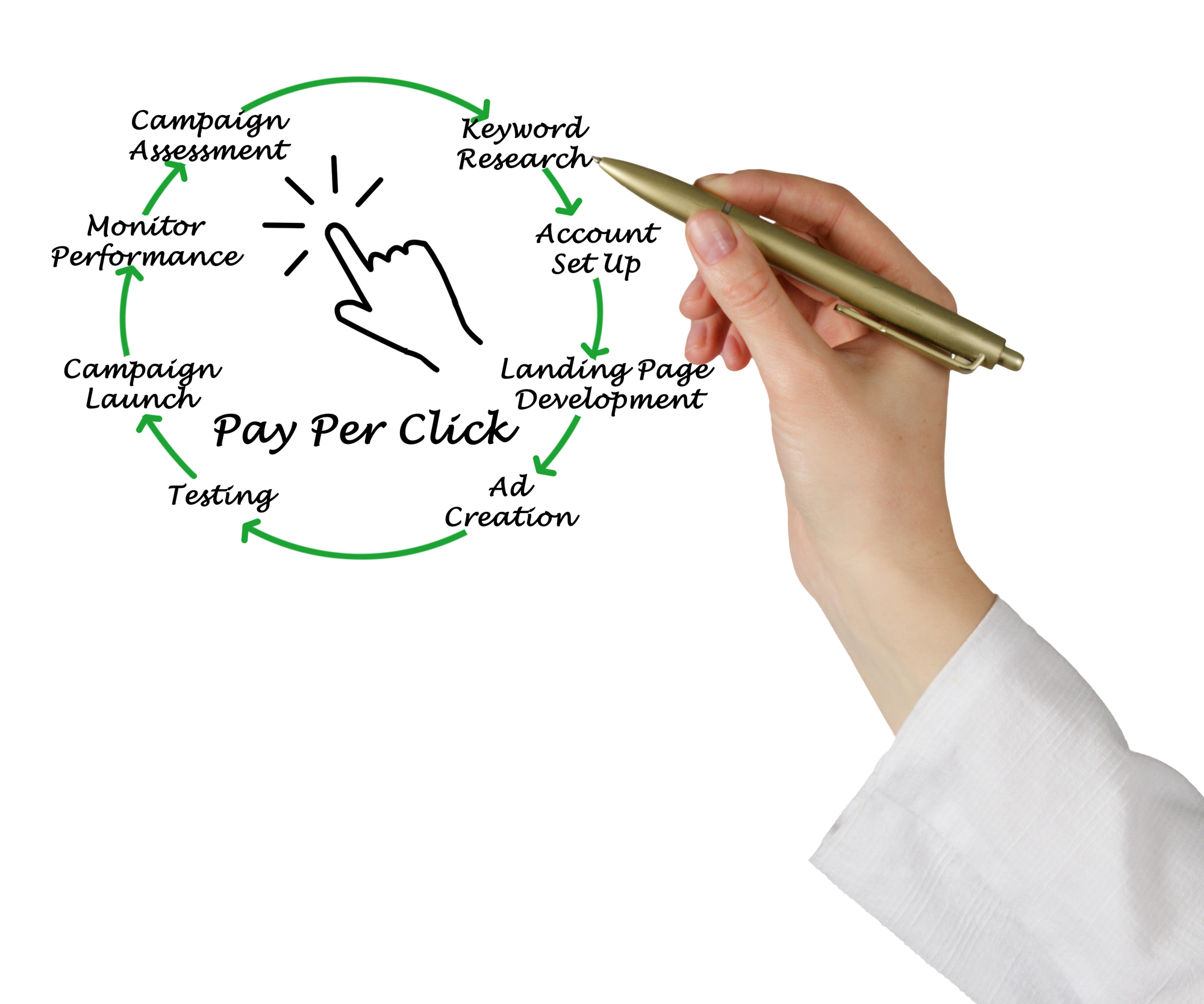In the vast landscape of digital marketing, Google Ads stands out as a powerful platform that can propel your business to new heights. Whether you're a seasoned advertiser or a newcomer to online marketing, this comprehensive guide will walk you through the key aspects of Google Ads, helping you leverage its potential for maximum impact.
Chapter 1: Understanding Google Ads
What are Google Ads? Google Ads is an online advertising platform that allows businesses to display their ads on Google's search engine results pages (SERPs) and across its vast network of partner websites. These ads appear when users search for products, services, or information relevant to the advertiser's offerings.
The Google Ads Auction System Google Ads operates on a bidding system where advertisers bid on keywords to have their ads displayed. Ad position is determined by a combination of bid amount, ad quality, and relevance to the user's search query.
Chapter 2: Setting Up Your Google Ads Account
Creating Your Google Ads Account Start by creating a Google Ads account. Follow the step-by-step setup process, providing essential information about your business, such as your website, business category, and geographic targeting.
Understanding Campaigns, Ad Groups, and Keywords Organize your advertising efforts by creating campaigns, ad groups, and selecting relevant keywords. Campaigns house ad groups, which, in turn, contain keywords and corresponding ads. This hierarchy allows for precise targeting and message customisation.
Chapter 3: Crafting Effective Ads
Components of a Google Ad A Google ad typically consists of a headline, description lines, display URL, and a final URL. Craft compelling ad copy that is relevant to your target audience, highlights unique selling propositions, and includes a clear call-to-action.
Utilising Ad Extensions Enhance your ads by incorporating various ad extensions, such as sitelinks, callouts, and structured snippets. These extensions provide additional information, increasing the visibility and relevance of your ads.
Chapter 4: Keyword Research and Match Types
Conducting Keyword Research Thorough keyword research is the foundation of a successful Google Ads campaign. Use tools like Google Keyword Planner to identify relevant keywords with sufficient search volume.
Understanding Match Types Google Ads offers different match types for keywords: broad match, phrase match, exact match, and broad match modifier. Each match type provides a different level of targeting control. Understand the nuances of each to refine your keyword strategy.
Chapter 5: Budgeting and Bidding Strategies
Setting Your Budget Establish a daily or monthly budget to control your advertising expenses. Google Ads allows you to adjust your budget at any time, providing flexibility to accommodate your business needs.
Bidding Strategies Select a bidding strategy aligned with your campaign goals. Options include manual bidding, automated bidding, and strategies like target CPA (cost-per-acquisition) or target ROAS (return on ad spend).
Chapter 6: Monitoring and Optimisation
Regular Performance Monitoring Use Google Ads' robust analytics tools to monitor key performance indicators (KPIs) such as click-through rates, conversion rates, and impression share. Regular monitoring provides insights into the effectiveness of your campaigns.
Continuous Optimisation Based on performance data, continuously optimise your campaigns. Adjust bids, refine ad copy, add negative keywords, and experiment with different ad variations to improve overall campaign performance.
Chapter 7: Adapting to Changes and Trends
Staying Informed The digital advertising landscape is dynamic, with Google frequently introducing updates and features. Stay informed about industry trends, algorithm changes, and emerging technologies to keep your campaigns ahead of the curve.
Experimenting and Testing Embrace a culture of experimentation. Test different ad creatives, keywords, and targeting options to discover what resonates best with your audience. A/B testing allows you to refine your strategy based on data-driven insights.
Mastering Google Ads is a journey of continuous learning and adaptation. By understanding the fundamentals, setting up your account strategically, crafting compelling ads, conducting thorough keyword research, implementing budgeting and bidding strategies, monitoring performance, and staying adaptable to changes, you can harness the full potential of Google Ads to drive meaningful results for your business. Now, armed with this guide, embark on your journey to navigate the digital landscape and unlock the vast possibilities that Google Ads offers.



